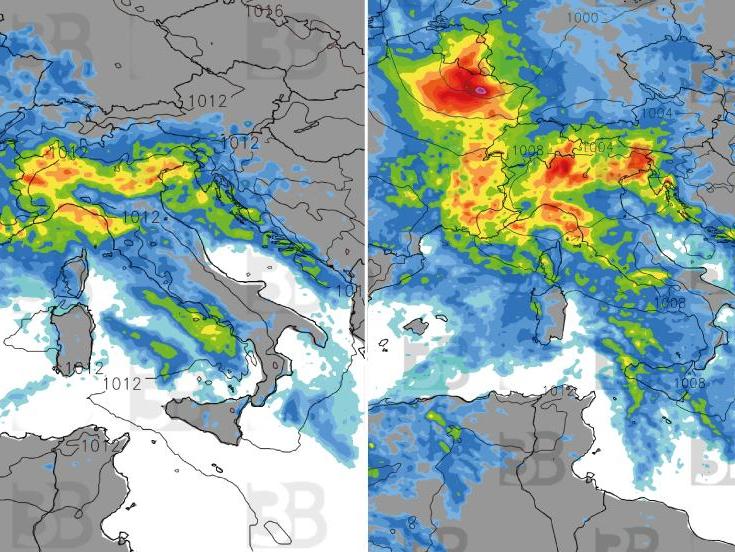Hurricane Beryl has intensified into a catastrophic Category 5 storm with winds of up to 160 mph (257 km/h), making it the earliest Category 5 hurricane on record in the Atlantic. This unprecedented early-season intensity has been attributed to extremely warm sea temperatures, which are above the normal 27 degrees Celsius.The storm made landfall on the island of Carriacou in Grenada as a powerful Category 4 hurricane, causing widespread devastation. Prime Minister Dickon Mitchell of Grenada described the damage as ‘catastrophic’, reporting that Carriacou was ‘razed’ in just half an hour. At least one death has been confirmed, and there are reports of ‘immense destruction’ on the islands of Union, Mayreau, and Canouan.The National Hurricane Center (NHC) has warned of a ‘potentially catastrophic’ situation, with life-threatening storm surges, extreme winds, and heavy rainfall expected. Hurricane warnings have been issued for several Caribbean islands, including Jamaica, where the storm is expected to pass near on Wednesday.As Beryl continues its west-northwestward trajectory, it’s projected to approach Mexico’s Yucatan Peninsula by late Thursday, potentially as a Category 1 or 2 hurricane. The Mexican National Meteorological Service has warned that Beryl could impact the Mexican coast twice, first on the Yucatan Peninsula and then potentially in the states of Veracruz and Tamaulipas.The U.S. government is closely monitoring the situation, with President Joe Biden working to ensure the safety of American citizens in the region. This hurricane season is expected to be more active than usual due to above-average sea temperatures and the anticipated onset of a La Niña-like climate pattern.
Key points
- Hurricane Beryl has intensified to a Category 5 storm, the earliest on record in the Atlantic.
- The storm has caused catastrophic damage in Grenada and other Caribbean islands, with at least one death reported.
- Beryl is expected to impact Jamaica by Wednesday and potentially reach Mexico’s Yucatan Peninsula by Thursday.
- The intensification of Beryl is linked to above-average sea temperatures, possibly due to climate change.
Contradictions👾There are slight discrepancies in the reported wind speeds, with some sources citing up to 260 km/h while others report 160 mph (257 km/h).
This may be due to different measurement times or methods.



